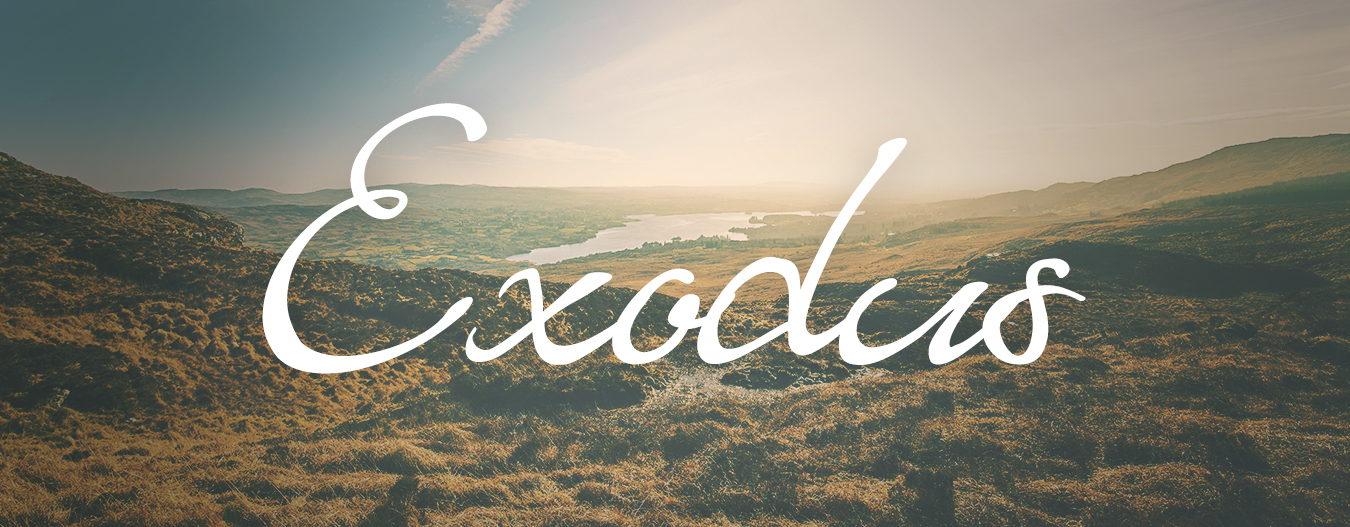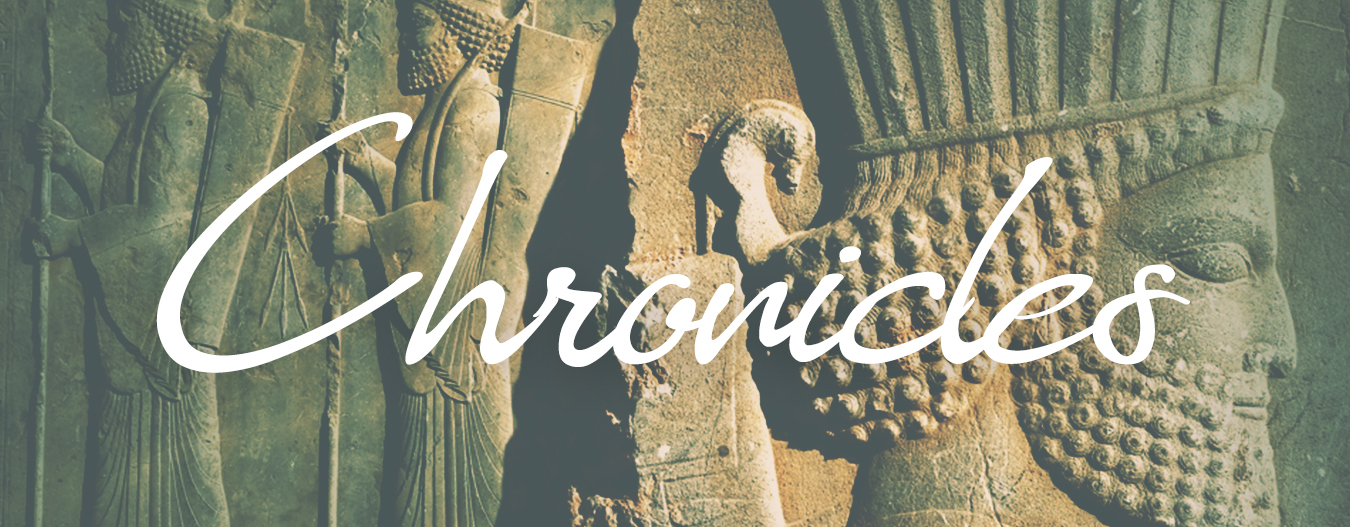The Beautiful Book – Old Testament Part 1
Genesis

The Beautiful Book - An Introduction To This Series
Genesis
Genesis is the foundation of the Bible, revealing God's creation of the world, His plans for Man and His sovereignty over all.
Exodus

The Beautiful Book - An Introduction To This Series
Exodus
Exodus is an insight into the life of Moses and the Israelites as they step out of slavery under the Egyptians into the search for the Promised Land. It also explores God’s plans and direction over the Israelites, including the Law set in the 10 Commandments.
Leviticus

The Beautiful Book - An Introduction To This Series
Leviticus
Leviticus teaches us the legal and moral practices that God commanded to the Israelites through Moses. They foreshadow Christ as the acceptable sacrifice, giving unclean Man hope to enter into God’s presence and forgiveness.
Numbers

empty
Numbers
Numbers explores deeper into the journey the Israelites took in the wilderness across different generations. Starting with the census, we see the setting of rules for various duties within the tribes and the handling of objects & offerings in the Tabernacle. We also witness Israel’s rebellion and God’s judgment for their sins; this highlights the severity of sinning against God and reaping the consequences. Despite this, God still remained faithful and merciful to His people.
Deuteronomy

empty
deuteronomy
Deuteronomy is the last book of the Pentateuch. We see a new generation of Israelites about to settle in the Promised Land, and Moses reminds them to observe and live out God’s Law. It also gives hope that even if Israel loses its faith along the way, God is merciful to allow them to repent and be restored.
Joshua

empty
Joshua
Joshua is an insight into the life of the Israelites under their new leader. We see God fulfilling His promise to give them Promised Land, from the fall of the walls of Jericho to the victories over the Canaanites. We see various accounts of faithfulness from Rahab to Caleb as well, even though Israel as a whole failed to avoid the influence of their enemies for many years to come.
Judges

empty
Judges
Judges is likely named after Biblical judges who served as temporary leaders of Israel. It is also a narrative of the consequences of life without God. We see His divine interventions for His people who neglected and disobeyed Him repeatedly. By the end of Judges, the Israelites were worse than they were at the start.
Ruth

empty
Ruth
Ruth is a story of an ordinary woman with an extraordinary faith, who accepted the God of the Israelites as her God and the Israelites as her own, despite being a Moabite. We learn that no one is unimportant in God’s eyes.
1 Samuel

empty
1 Samuel
1 Samuel introduces the establishment of an earthly political institution headed by a king. The book then gives an insight into the reign of two such kings: Saul and David, and the different paths taken in their relationship with God. It ultimately reinforces the most important truth; God is the absolute power and sovereign.
2 Samuel

empty
2 Samuel
2 Samuel delves into the reign of King David and the expansion of Israel. Known as a “man after [God’s] own heart”, David reaped the consequences of his sins but enjoyed God’s forgiveness and favour. God granted him the legacy of his line, which would be fulfilled in his descendant, Jesus Christ.
1 Kings

empty
1 Kings
We see Israel being ruled by a succession of various kings, notably the wisest of them all: Solomon. At the same time, we notice a trend in their reign – kings who reigned under God’s authority and stayed faithful were blessed by Him. But those kings who disobeyed God suffered His curses.
2 Kings

empty
2 Kings
2 Kings describes the decline and captivity of both the Northern Kingdom of Israel and the Southern Kingdom of Judah. People continued to live in sin and suffered the consequences of foreign invasion. Yet God remained faithful through the ministry of Elisha and the securing of King David’s royal line.
Chronicles

empty
Chronicles
Chronicles narrates the history of Israel from the view of a priest. God wants the Jews to remember the importance of obedience, the priority of the worship, and His promises to the House of David.
Ezra and Nehemiah

empty
Ezra and Nehemiah
We look at two books in this section: Ezra and Nehemiah. Ezra recounts the struggle of the Jews to rebuild after their captivity and exile; Nehemiah records the reconstruction of the wall of Jerusalem. Both books reveal God’s unfailing promises to His people that they would return to their land.
Esther

empty
Esther
Esther tells the story of God’s providence and timing through the eyes of one of the greatest heroines in the Bible. Even though God is not specifically mentioned, His sovereignty and faithfulness is seen throughout. Through Esther, we see that God was intervening to protect his people.
Job

empty
Job
Job is a long, beautiful story of God’s mercy and restoration. Even an upright man like Job was tested to the extreme; but his faith was firm in the face of poverty, illness and ridicule.
Psalms

empty
Psalms
The longest book in the Bible, Psalms is a collection of poetry, expressing the variety of emotions from the psalmist on God or about God.

